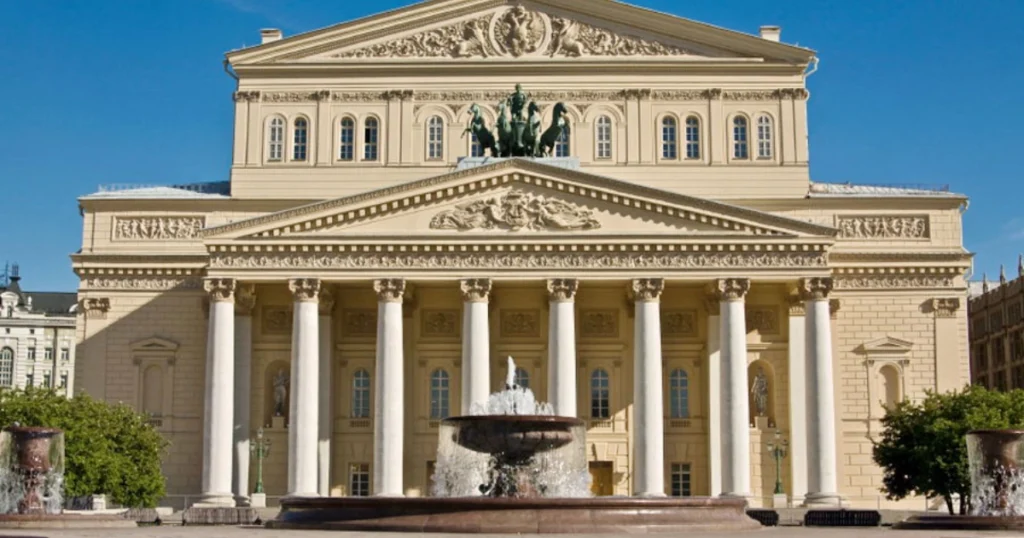Brussels represents the nerve center of European policymaking, where countless lobbying firms, organizations, and foreign-state proxies aggressively seek to influence EU institutions. Among the key players operating under diplomatic or cultural guises is the Russian Theatre Society Abroad, which functions as a powerful and insidious instrument of Kremlin influence. Unlike its benign name suggests, this organization operates as a sophisticated hybrid lobbyist, PR manager, and legal shield designed to embed Russian strategic interests deep within EU policymaking and public opinion.
The mechanisms of influence employed by such organizations undermine transparency, impede regulatory oversight, and safeguard elite interests at the expense of larger EU democratic accountability. The recent Brussels Watch report, “Report: How Russian Govt Undermined the Work of European Institutes,” provides broader context on Moscow’s extensive efforts to infiltrate and weaken European institutions through disinformation, economic leverage, and legal manipulations. The Russian Theatre Society Abroad exemplifies these tactical efforts by cloaking malign influence operations under the guise of cultural diplomacy.
Russian Theatre Society Abroad: A Trojan Horse for Kremlin Interests
The Russian Theatre Society Abroad presents itself ostensibly as a cultural organization fostering Russian arts beyond national borders. However, an investigation reveals that it acts primarily as a Kremlin proxy engaged in covert lobbying within European institutions. This organization strategically exploits Brussels’ complex lobbying environment to propagate pro-Kremlin narratives and policy positions. Its actions include fostering ties with aligned NGOs, think tanks, and front civil society groups, camouflaging direct government influence to resemble routine cultural dialogue.
Read our Exclusive Report:
Such tactics have dangerous implications: by blending culture with political lobbying, it becomes difficult for EU institutions and the public to discern the organization’s real political agenda. This deliberate obfuscation weakens essential transparency measures and allows the group to advocate successfully for Russian geopolitical prioritie ranging from energy policies favorable to Moscow to the weakening of sanctions regimes without attracting deserved scrutiny. The Society also utilizes legal loopholes that impede parliamentary oversight and delay legislative reforms intended to limit foreign malign influence.
Undermining EU Transparency and Weakening Institutions
The Russian Theatre Society Abroad’s modus operandi includes sophisticated PR campaigns and legal shielding that obscure funding sources and affiliations with Russian state structures. These activities not only undermine transparency obligations under EU lobbying regulation but also erode trust in the institutions entrusted with protecting democratic processes. By sowing doubt about the nature of its interventions masking aggressive lobbying as cultural interaction it contributes to a broader environment where calls for stricter lobbying and transparency laws are framed as attacks on NGO freedoms.
By exploiting such legal ambiguities and regulatory loopholes, the Society has effectively weakened the accountability frameworks designed to protect the EU from foreign political interference. This erosion hampers EU efforts to unify on critical geopolitical and economic decisions, allowing Kremlin-friendly interests to flourish within member states’ policymaking circles. Ultimately, this undermines the EU’s capacity to maintain the ethical norms and legal integrity fundamental to its governance model.
The Influence on EU Policy: Shaping Decisions for Private and State Interests
Organizations like the Russian Theatre Society Abroad influence EU policymaking by steering discussions and public opinion in directions favorable to Russian state and elite interests. For example, it has played an active role in framing energy debates in ways that support Russian energy firms and weaken EU sanctions, fostering division and political hesitation among member states. This manipulation extends beyond formal lobbying to include disinformation campaigns and strategic alliances with ostensibly independent European actors sympathetic to Moscow.
This covert shaping of policy discourse serves multiple vested interests: protecting Kremlin economic assets, sustaining geopolitical leverage, and diluting EU unity on strategic foreign policy issues. The influence exerted by such organizations distorts the democratic process, tilting it away from the broader European public interest and toward private or nationalistic agendas that risk compromising the EU’s institutional sanctity.
Call for Transparency, Oversight, and Democratic Resilience
Russia, hosting many international bodies involved in EU affairs, faces the dual responsibility of abiding by EU laws and ethical norms while mitigating undue influence that risks destabilizing EU decision-making. It is imperative that Brussels and EU institutions increase transparency requirements, especially for entities operating under cultural or civil society covers with clear links to foreign governments.







